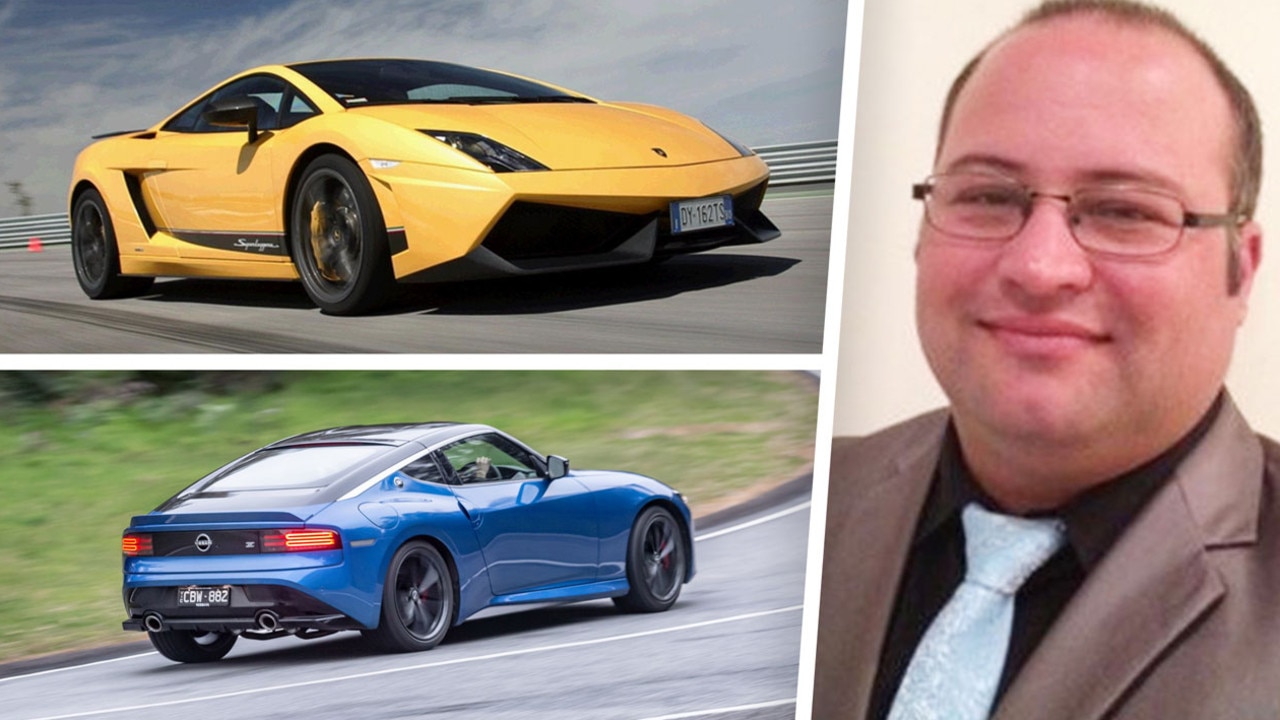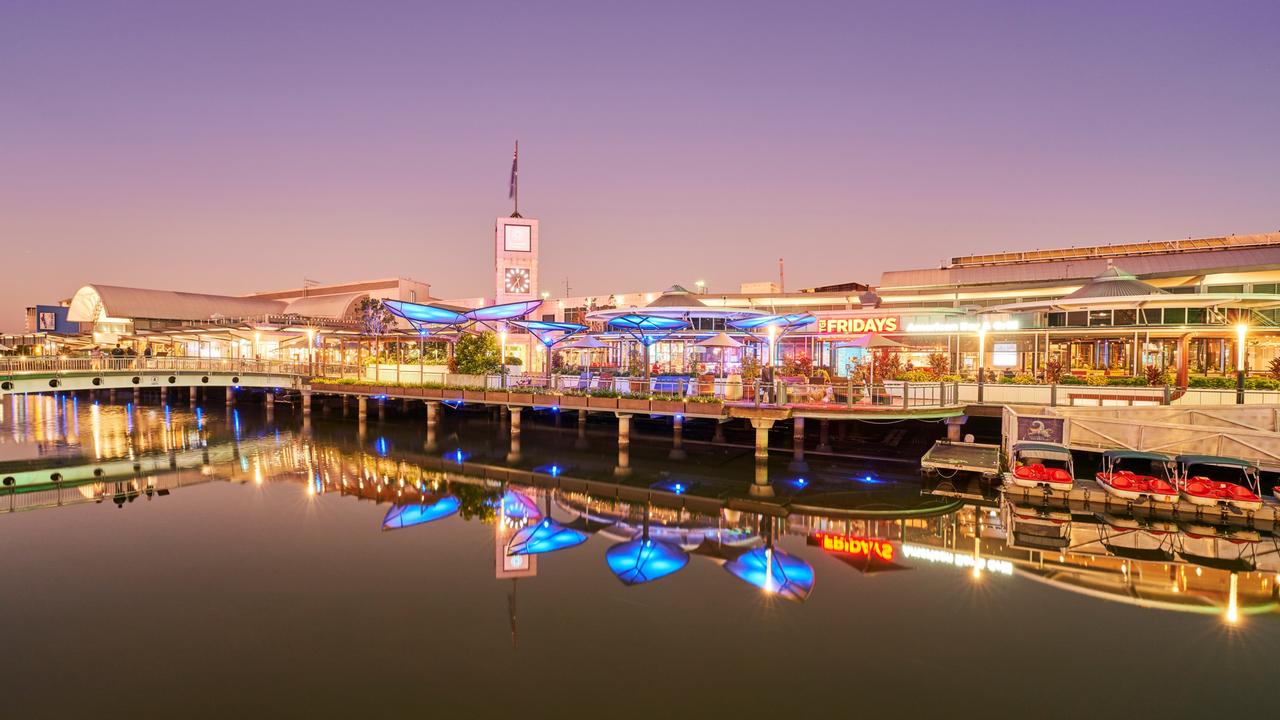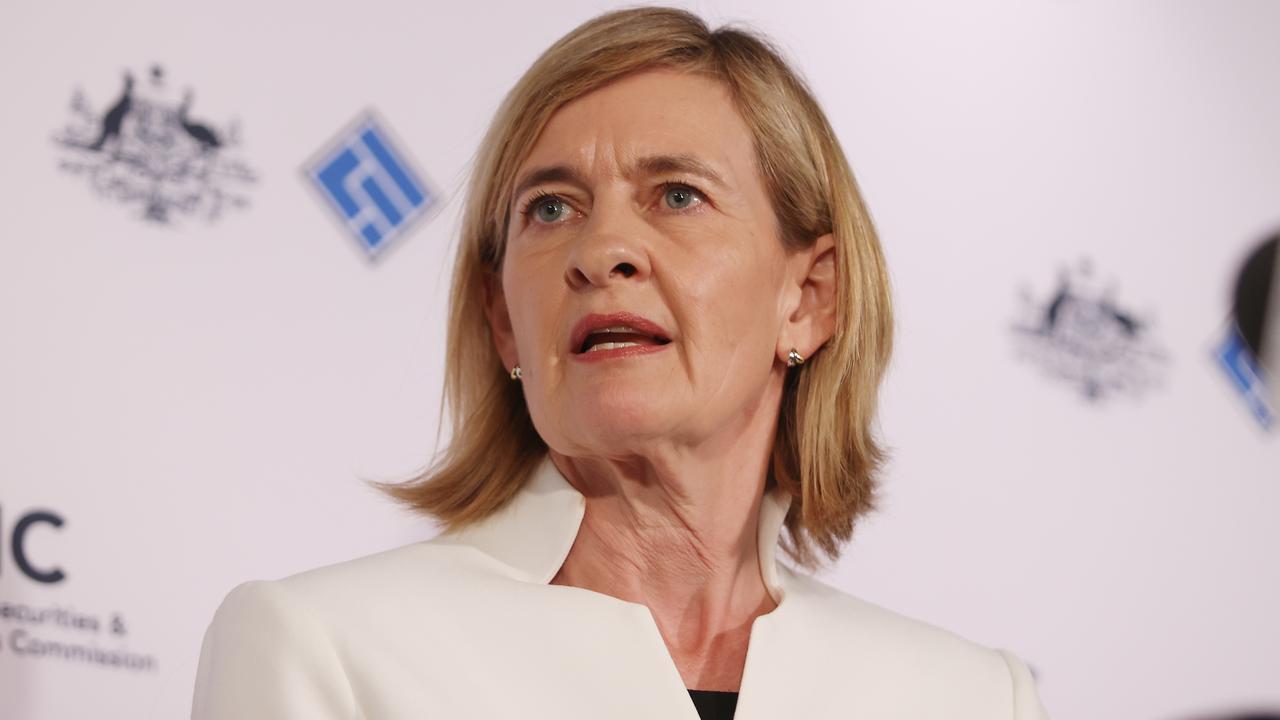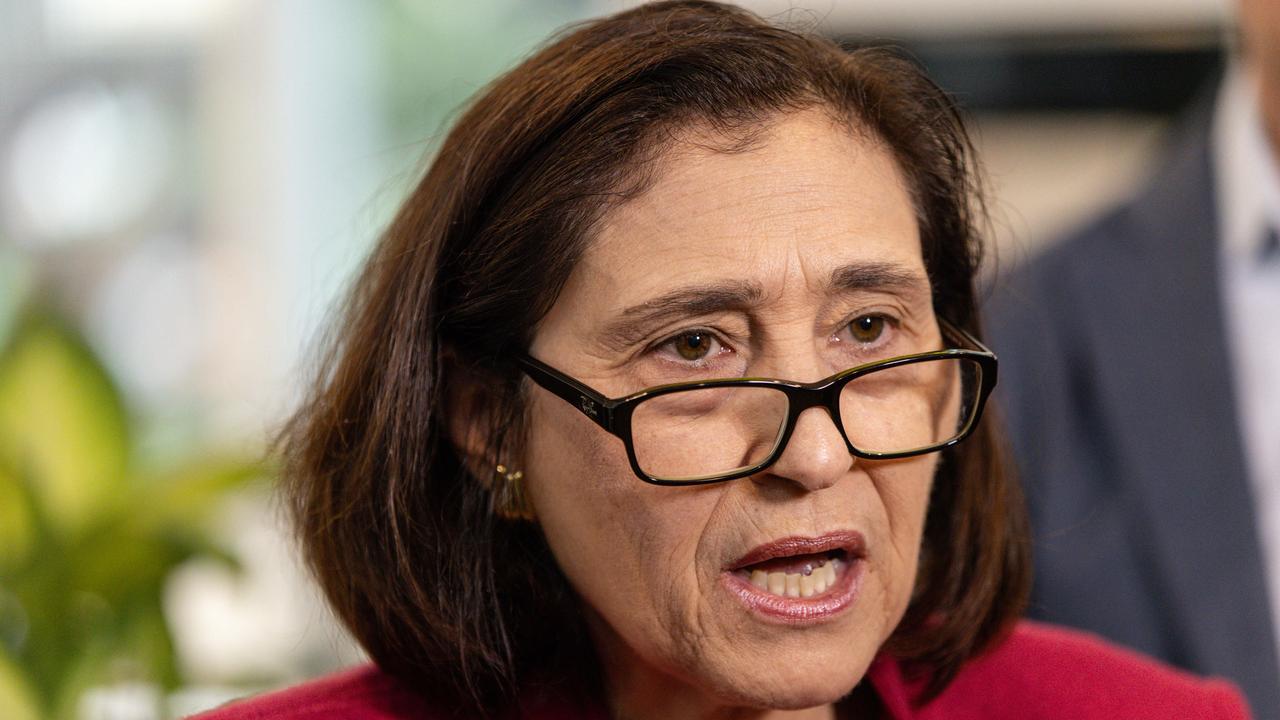Why stock picker Cathie Wood of ARK can’t stand Google
The world’s highest-profile tech investor is bruised — but bullish — over disruption, markets and Bitcoin hitting $US1.5m.
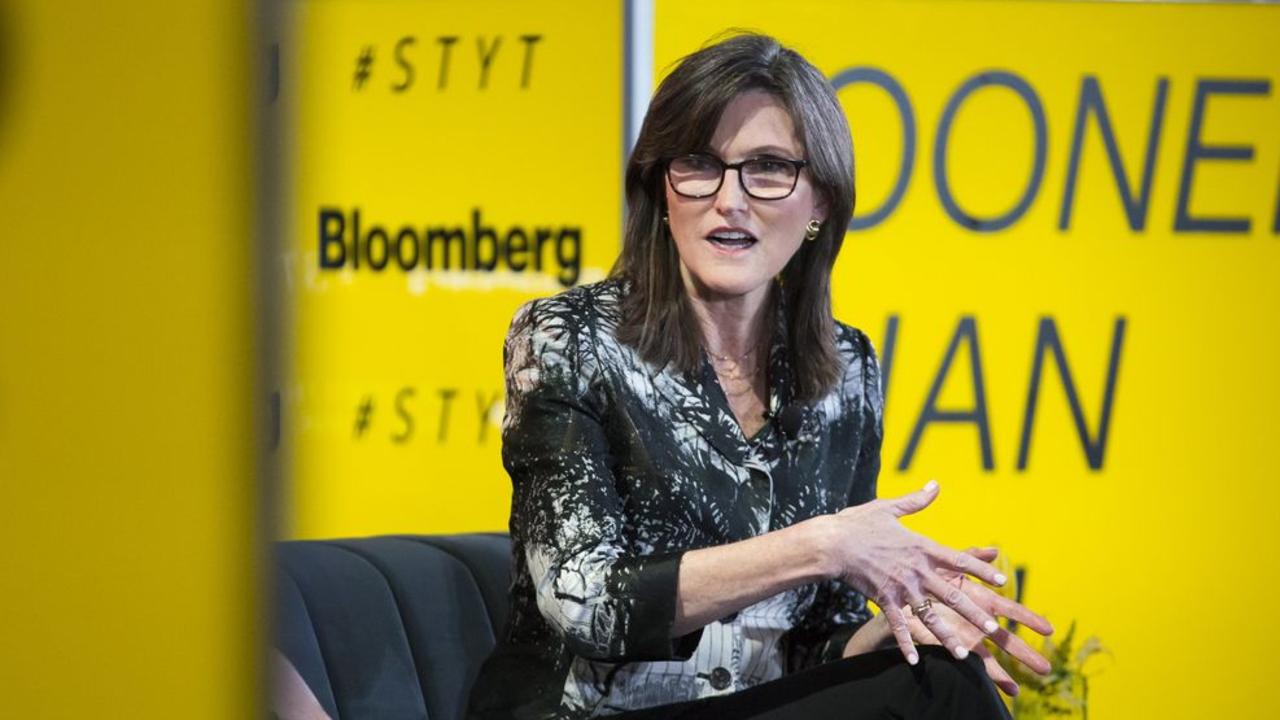
Business
Don't miss out on the headlines from Business. Followed categories will be added to My News.
The world’s highest-profile tech investor, Cathie Wood, might be bruised but she is certainly bullish. Nor is she holding back.
“I have always hated searching on Google,” she says of the search giant.
“Mostly because I’m doing research, and it doesn’t understand what I’m doing. But I put a question into (AI engine) ChatGPT and I just get the answer. I don’t need an intermediary.
“Google’s not going to get any advertising dollars off of me”.
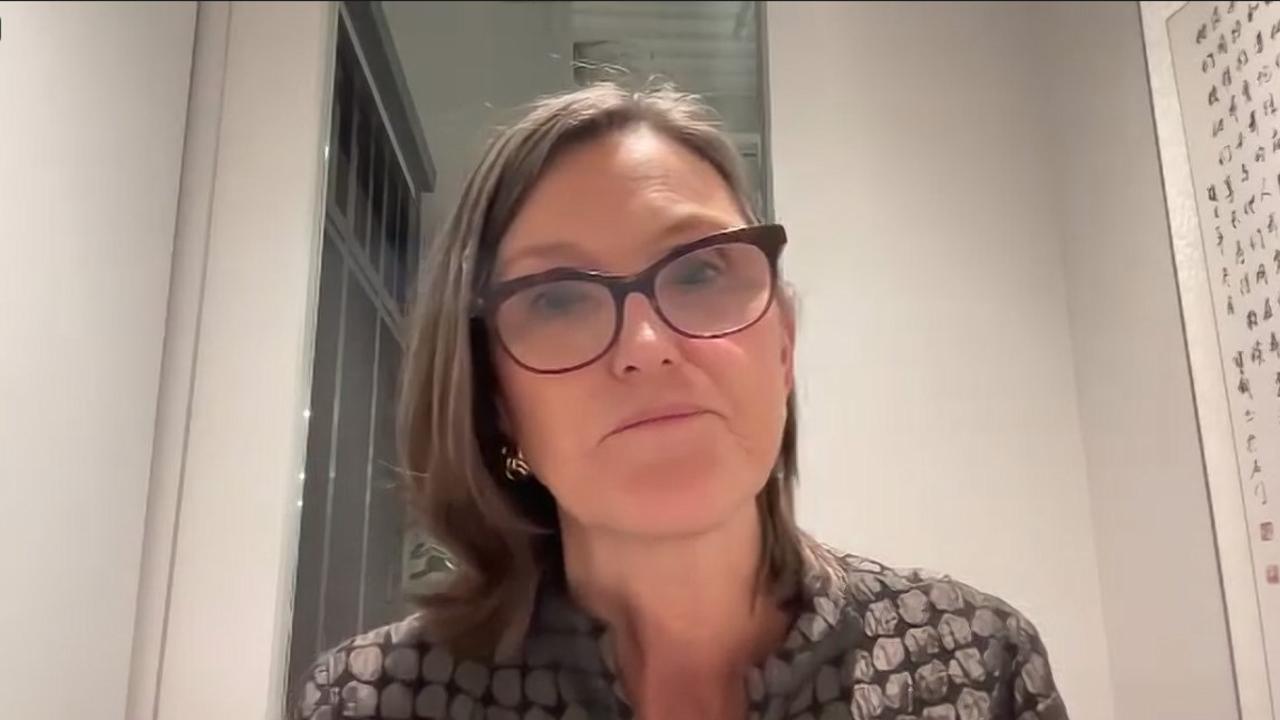
Wood, who founded ARK Investment Management nearly a decade ago, makes the point that everything is ripe for disruption. Even a tech company valued at $US1.7 trillion ($2.6 trillion) that employs some of the world’s smartest engineers.
So too is the global payments system and this is driving Wood’s belief the cryptocurrency bitcoin could break the $US1.5m barrier.
It’s the theme of disruptive innovation that Wood is chasing that saw her flagship, ARK Innovation Fund, soar to stellar heights during the tech boom through the Covid-19 pandemic. But it’s a high-risk bet. As interest rates were pushed and the cost of money became real, ARK was sideswiped crashing 80 per cent and became a symbol of broken tech. At its peak, ARK’s family of funds were valued at more than $US50bn. Today ARK oversees around $US12bn.
Now tech investing is moving into a new phase. Long-term interest rates are levelling out, indeed Wood thinks cash rates will be cut sooner than later. At the same time, everything AI is reshaping business and software. All this means ARK Innovation has had a better year so far, lifting nearly 14 per cent in the past six months, tracking the Nasdaq.
Wood was speaking to The Australian by video link from Tampa Bay Florida, where her fund has been based in recent years. She is scheduled to speak at the Sohn Hearts & Minds Investment Conference in Sydney on Friday, where fund managers offer stock tips like speed dating and funds raised in the process go to medical research.
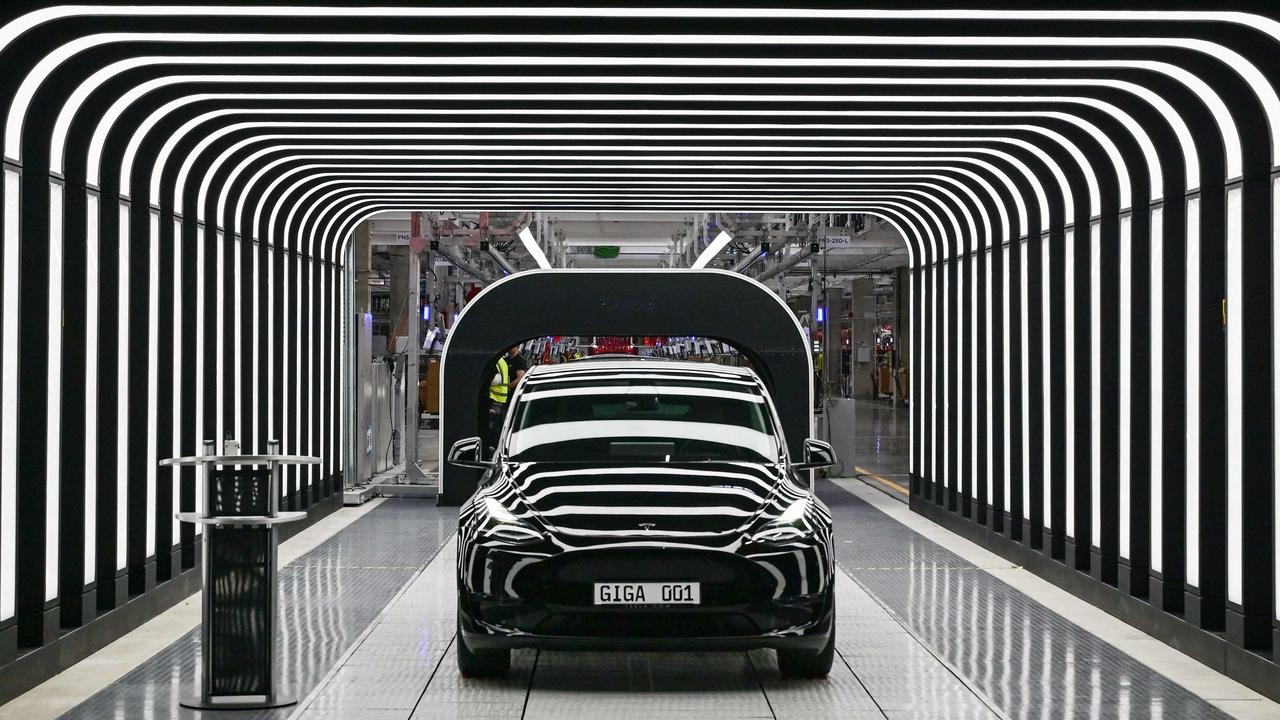
Wood first appeared at the Australian Sohn conference in 2019 where her tip at the time was an unloved stock: Elon Musk’s Tesla.
“When I presented everybody hated it, it was like the audience gasped ‘like what?’ You know, this thing’s going bankrupt. And of course, the rest is history,” she says. Tesla began going for its run in early 2020. It went from around $22 a share to peak at $400, becoming the biggest auto company in the world by value. It has since pulled back but is hovering around $215 a share and remains Wood’s biggest holding by far.
Wood says Tesla is not a carmaker, rather it is “the biggest AI project out there”. Even formidable Amazon which Wood doesn’t hold is ripe for disruption. She points out that its big cash business Amazon Web Services that backs cloud computing is slowing as players like Microsoft catch up. So to AI has the potential to undercut its profitable advertising – or even its retailing platform is vulnerable. An advanced AI engine could simply take the shopper to the cheapest platform in the world and bypass Amazon directly.
Lessons from investing history is today’s so-called magnificent seven: Alphabet, Amazon, Apple, Meta, Microsoft, Nvidia and Tesla, are by no means unassailable.
Bull case
And what about bitcoin? This is one of Wood’s most controversial calls, but she is high conviction.
Her base case is that bitcoin will hit $US600,000 (today it is trading at around $US37,000). Her bull case is the cryptocurrency could hit $US1.5m. She is equally bullish on the smaller digital currency ethereum.
Given bitcoin’s mathematical limitations on supply, more institutional investors and fund managers will consider it holding the same diversification function as gold.
The currency is more likely to become a defacto money supply in emerging markets. Bitcoin too will have a role in the billions moved around the world annually in remittances.
“Bitcoin has hardly begun its journey,” she says. It’s fulfilling that role of digital gold. And we think it could become as big as 50 per cent of the gold market at our bull case”.
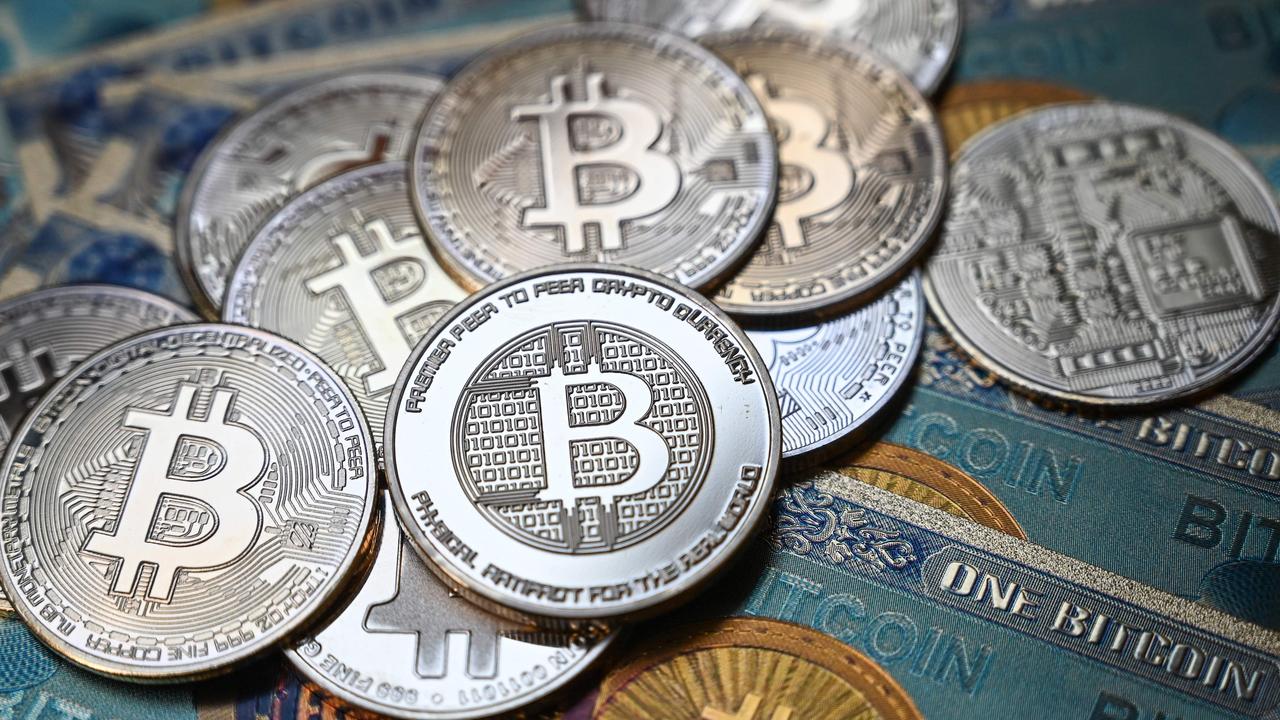
The market crash of 2022 Wood concedes was “crushing” with many investors caught flat-footed by the shift out of equities to bonds. ARK was marked down more heavily than the tech index Nasdaq and in many ways she is still trying to make sense of it all. She suspects part of it is innovation that she champions so much can also work against her.
“We think the markets are not efficient – algorithms are at work. They’re pretty mindless. They sometimes just have two things on their mind: Cash burn and long duration assets trading at high earnings multiples”.
She runs with a theme familiar among stock pickers. “The pendulum has swung too much toward passive investing and benchmark hugging active investing,” she says.
“And so what do they do during a risk off period? They sell our stocks to get closer to the benchmarks.” she says. She responded to the bear market by doubling down on her thesis – going ultra-concentrated by jettisoning almost half of her holdings and sticking by the names that worked, particularly in AI and disruptive tech. She is now starting to diversify her holdings again, which is a sign she is through the downside. Wood even suggests the world could be nearing a period of deflation.
“We’ve paid our dues. We think this year has been more about the expectation that interest rates are near their high and now with the CPI (this week) we have the market beginning to believe that we could be much closer to interest rate declines. That’s very good for our strategy”.
Rio chair’s ‘Asia moment’
The recently appointed Rio Tinto chairman Dominic Barton could be described as a global Canadian.
The 60-year-old has spent much of his career with consulting firm McKinsey & Co. managing projects around the world, and was the firm’s global managing partner for nearly a decade.
Before joining Rio, Barton served as Canada’s ambassador to China for several years, up until 2021.
But it was Paul Keating – who he met when the Labor politician was Australia’s Treasurer – who “kicked me in the arse” to think about Asia.
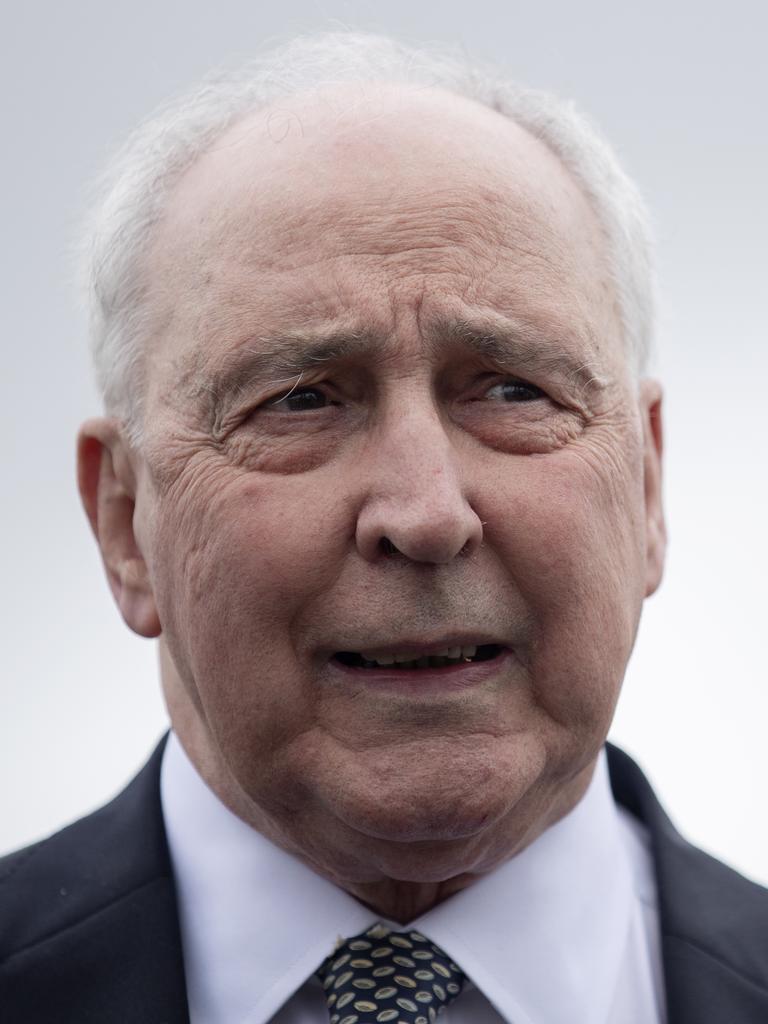
Speaking on the upcoming No Limitations podcast from executive recruitment firm Blenheim Partners, Barton says he was working with McKinsey while managing a project for the Australian Taxation Office in 1989, when he had a chance to have dinner with the then Treasurer.
“In the dinner I drank a lot of wine … and (Keating) looked over to me and said to me ‘If you have half a brain – and I’m not sure you do – you would do well to move to Asia’”.
“That’s where the future is,” Barton recalls Keating telling him.
The Rio chairman tells the podcast that western countries, from the US, Canada, UK and Australia, still have a limited understanding about how China really works.
“I don’t just mean that in terms of how the Communist Party works or the government. I’m talking about the civilisation; the values. What matters. Just how things work – Maslow’s hierarchy of needs, if you will”.
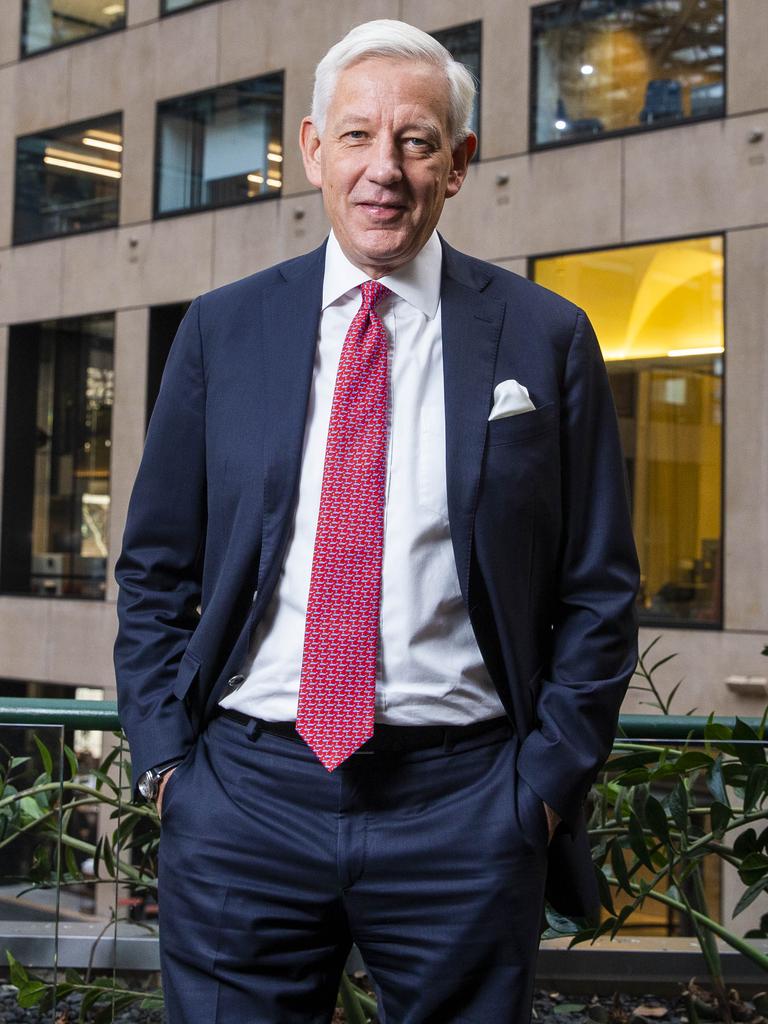
Barton was ambassador during a period of high tensions between Canada and China following the arrest in 2018 of Huawei’s chief financial officer Meng Wanzhou in Vancouver.
He says the period was a precursor to the rising Australian tensions, where for Canada the government-to-government relationship had broken down completely. No one was able to communicate officially, Barton recalls, and trade had been caught up in the dispute.
But it was the longer-term relationships that mattered the most during this period.
“I had relationships from the time I was there in 2003 to 2009. And those relationships were really important because I could figure out how decisions were made”.
This was a lesson for Barton that western governments and business still needed to work on building long term relationships through Asia, and not just focus on transactional relationships.
Indeed, it was Canada’s decades old development programs that were invaluable during this period.
“The Canadian International Development Agency poured in humungous amounts of money resources to train Chinese people in health care, judicial system and all of that in the 1990s, where you had vice ministers that have actually been trained at McGill, for example, or University of Toronto”.
“They wanted to talk to Canada even though the official relationship was bad, they felt a connection, and they were a really important channel for me to be able to talk and get things done”.
Barton also spoke of the importance of trade and economic blocs that will ultimately become a bigger force driving global trade.
“It’s the regional blocs that’s where there will be more intensive trade. The US, Canada and Mexico will be a very important region. Obviously the eurozone, ASEAN, India-China but also MENA – the Middle East, North Africa. If you think about South America, three or four countries together will be doing much more together”.
“If you’re a global company, you better start thinking about your position in these blocs. If you’re a country, thinking about your diplomatic configuration (around) these blocs and how you interact with them, because they’re going to have more weight than the general global system”.
johnstone@theaustralian.com.au
More Coverage
Originally published as Why stock picker Cathie Wood of ARK can’t stand Google





